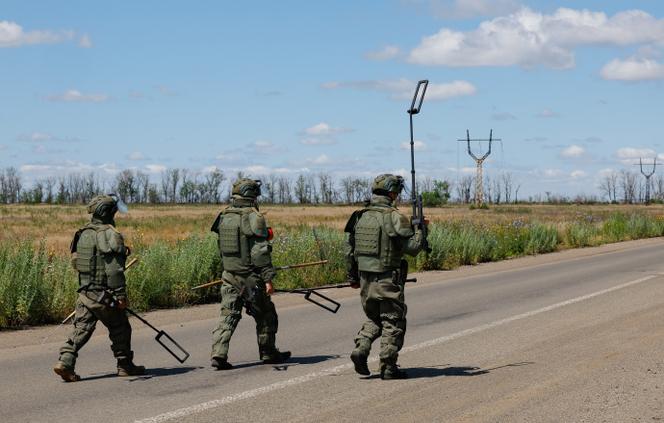


The EU's 27 leaders on Thursday, June 26 agreed to extend sanctions on Russia for another six months, resolving fears that Kremlin-friendly Hungary would let the measures lapse, officials said. The decision at a summit in Brussels means that the EU's sweeping sanctions over the war in Ukraine, including the freezing of more than 200 billion euros ($234 billion) in Russian central bank assets, will remain in force until at least early 2026.
It comes after officials said they were preparing contingency plans to keep the bloc's economic punishment on Moscow in place should Hungarian leader Viktor Orban refuse to budge. EU counterparts had feared a refusal by Budapest to renew the measures could blow a massive hole in the leverage the bloc holds over Russia as the United States presses peace efforts. Orban took the decision to the wire the last time the sanctions – which need to be extended every six months – came up for renewal in January.
But while the EU made sure its existing measures will remain in place, it failed to get clearance on a new package of sanctions due to a blockage by Hungary's ally Slovakia. Slovakian leader Roberto Fico refused at the summit to greenlight the new round of sanctions due to a separate dispute with Brussels over plans to cut off imports of Russian gas by the end of 2027. Slovakia remains dependent on Russian gas imports and earns money from transit fees for supplies piped across its territory. Fico held talks with EU chief Ursula von der Leyen earlier on Thursday but failed to get the concessions he wants and announced he would hold up approval of the sanctions package.
Ukraine's President Volodymyr Zelensky urged EU leaders in a video address to adopt the strong package "targeting Russia's oil trade, shadow tanker fleet, banks, and supply chains that bring equipment or parts for making weapons". Officials say, however, that a push to lower a price cap on Russian oil exports has been shelved after Washington failed to back the push as part of a broader G7 initiative.
